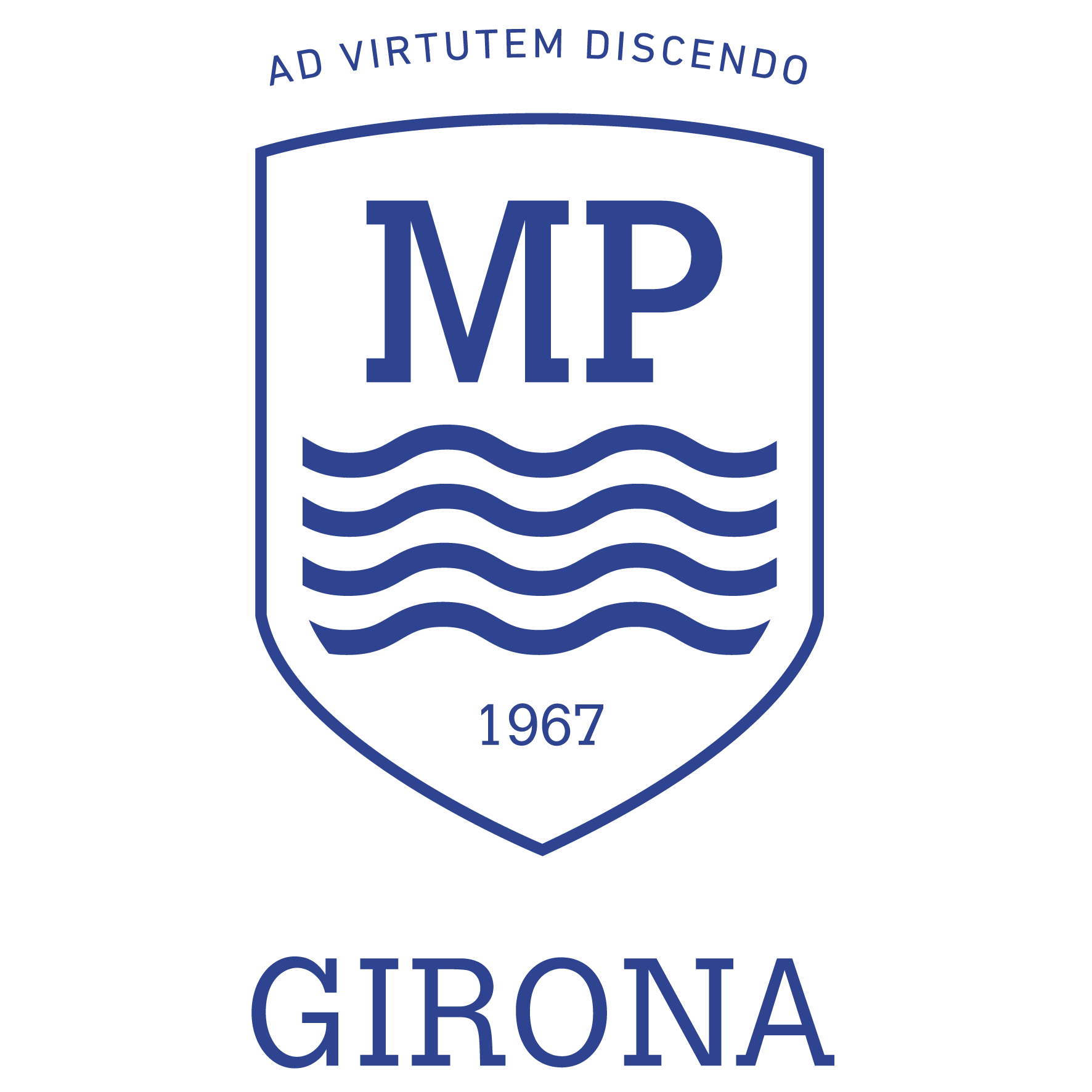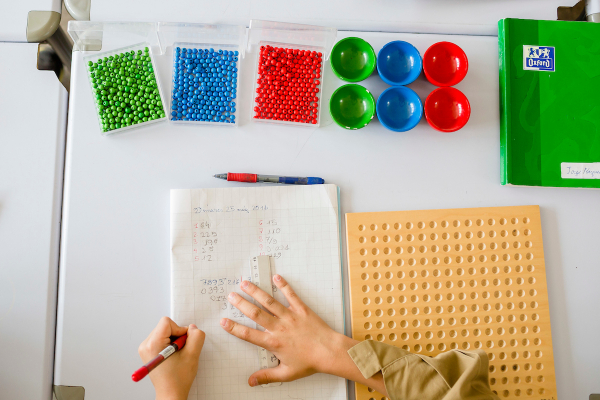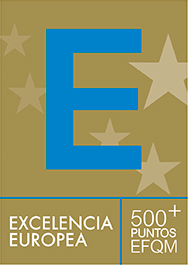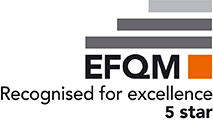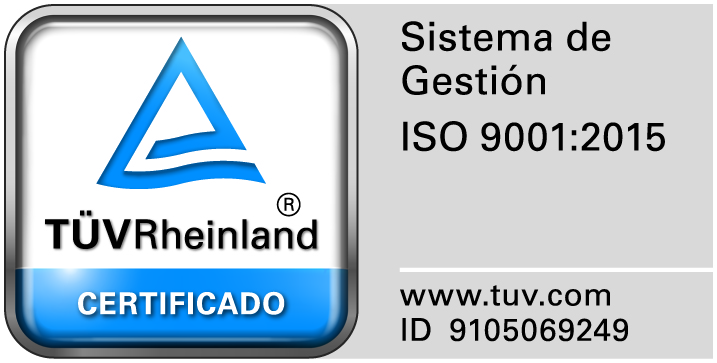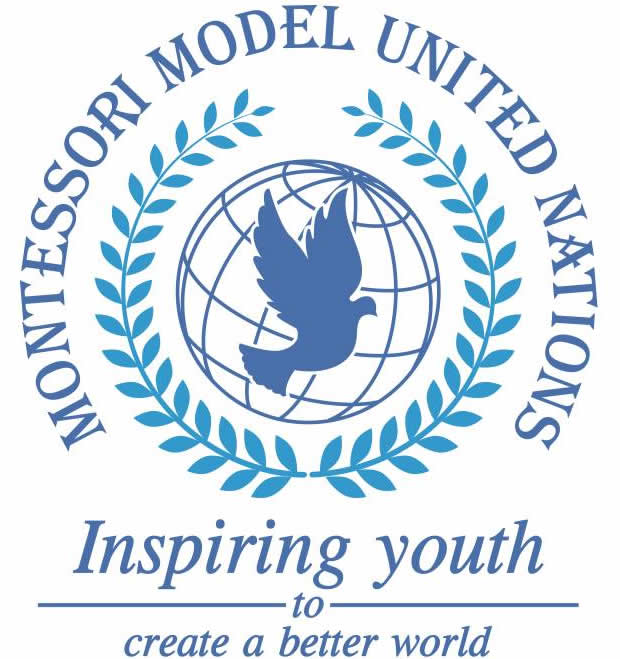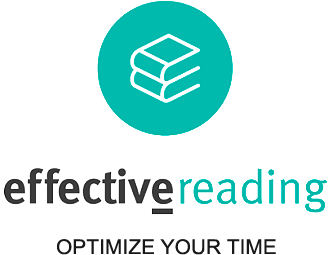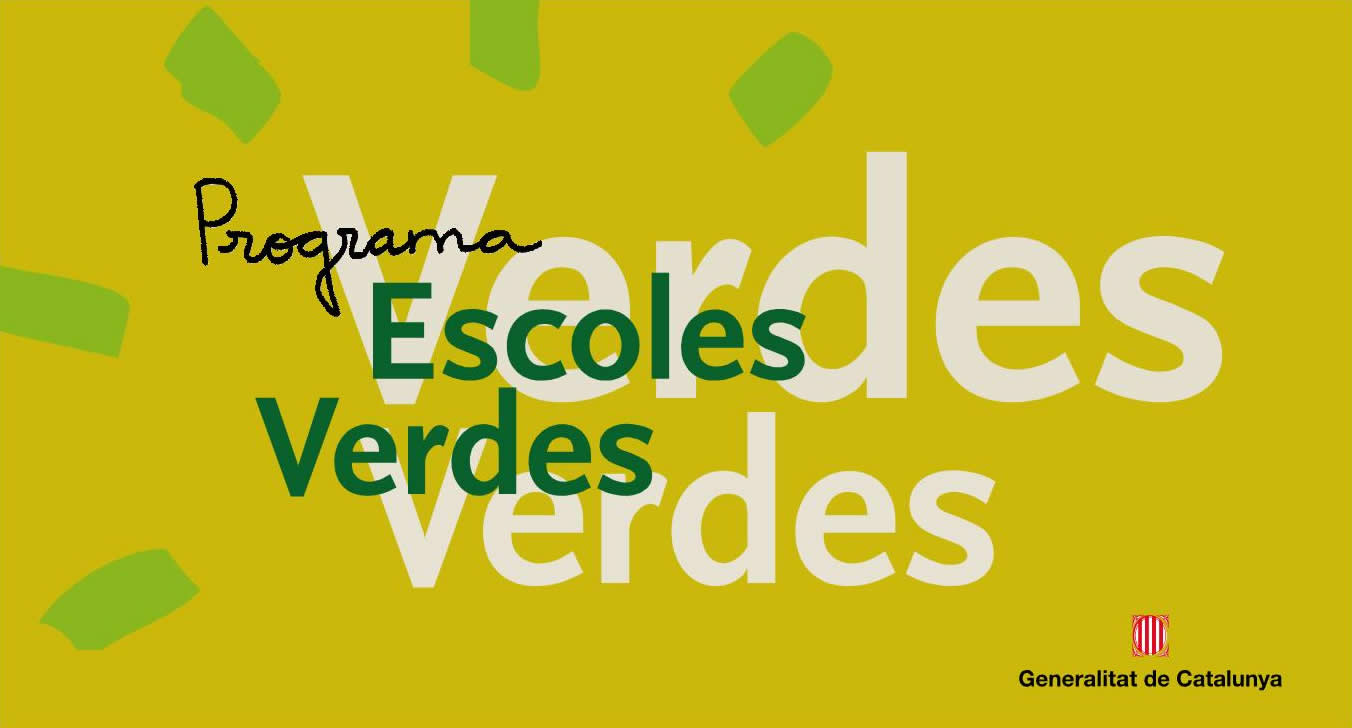Primary Education
Stage of reasoning, imagination and intellectual and moral development
Stage of reasoning, imagination and intellectual and moral development
Primary education, through the innovative educational method based on Montessori’s teaching, is attuned to each student individually, respecting their capacities and learning styles in order to promote their talent, build self-confidence and consolidate their autonomy and capacity for initiative. This educational method allows them to develop their creative abilities and their talents for leadership and teamwork. In order to achieve these goals, there is a very large classroom infrastructure with original Montessori material and material of our own design. In this stage, work is carried out in up to four languages: Catalan, Spanish, English and German with native teachers.
Between 6 and 12 years old, the child is in the stage of reasoning, imagination, cultural acquisition and intellectual and moral development.
The prepared environment:
Montessori Palau Girona has large classrooms with both Montessori materials and those of our own design, laboratory spaces and multimedia materials that allow access to all fields of knowledge, with specific areas defined for personal and educational development. Also forming part of this environment are the woods, the kitchen garden and the farm, along with the school and the wider society which, through cultural outings, helps to understand the functioning of the world.
The role of the adult:
Designing and preparing the prepared environment, being an example, guiding the student towards the acquisition of languages and spending time with them. Other roles of the primary teacher are to provide experiences and opportunities for exploring the different fields of knowledge according to the child's interests and to promote teamwork for social and moral development. In addition, in each class, other specialist teachers collaborate with the tutor in order to facilitate individualised attention.
The work of the child:
This consists of self-construction through experimentation and exploration of the environment, through the autonomous carrying out of the activities presented and their extension, both individually and in a group. In this way the child is developing the initiative, autonomy and creativity that will be the basis for leadership.
The child works with three languages (Catalan, Spanish and English) in parallel and learns a fourth complementary language (German).
The Primary curriculum and its extensions:
The Primary curriculum is based on the characteristics of children between the ages of 6 and 12, who have a great interest in acquiring culture as well as in intellectual and moral development. This basis, founded on the Montessori Educational Method, results in a curriculum that includes all areas of knowledge in an interdisciplinary manner in accordance with the interests of each student. Dr Montessori called this global vision of the curriculum a "Cosmic Education", as the child has the need and interest to know the whole world, with a clear outline of how to study their surroundings.
In order to be able to achieve this programme, the students have a long school day, so that, respecting the pace of every child, they can carry out their own explorations, develop their own ideas and experiment in the different fields. This allows the development of creativity, initiative and personal autonomy and, at the same time, guarantees that the demands of the official programmes can be met.
The prepared environment and the role of the adult encourage the child's work through the presentation of either the Montessori developmental materials or those of our own design. Students will be able to choose which activities they want to take part in, and it is through the repetition that they start to self-construct themselves. The milestones for each subject are very ambitious, providing a wealth of content in all areas, experiences that help the growth of each child following a process that Dr Montessori called "normalisation" (nowadays it can be related to self-control and individual and social responsibility).
The languages employed in Primary Education are Catalan, Spanish, English and German. The first three are worked on according to the same method and based on the mother tongue theory, through which the students carry out equivalent activities that allow them to apply the knowledge of one language to another. Using these as the working languages of school life, an equivalent level in the three languages is obtained.
Supporting the requirement for a Cosmic Education, students in the upper Primary groups have the opportunity to participate in international activities such as the Montessori Model of United Nations (MMUN). This gives them a universal vision of reality at the same time as relating to students from different countries, addressing the need for cultural development.
The legacy of the stage:
Having reached the required level in the different subjects, the discovery of their individual and social responsibility in thinking of the good of humanity which will allow them to extend this knowledge at the Secondary stage.
Stage video
